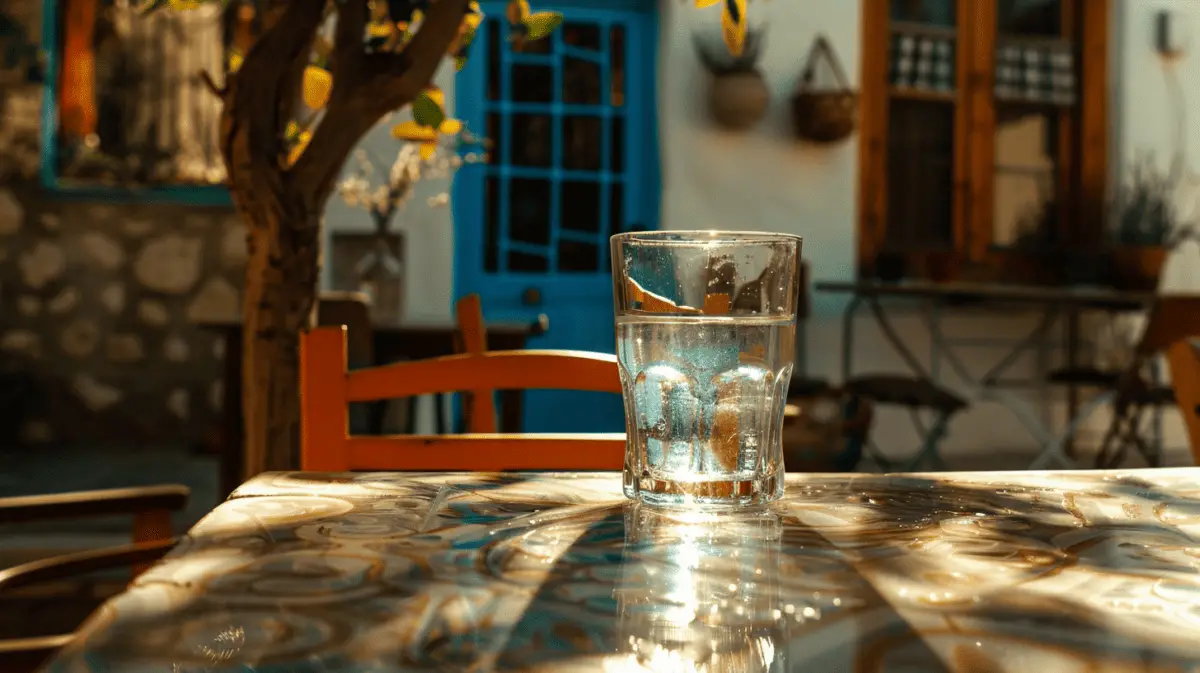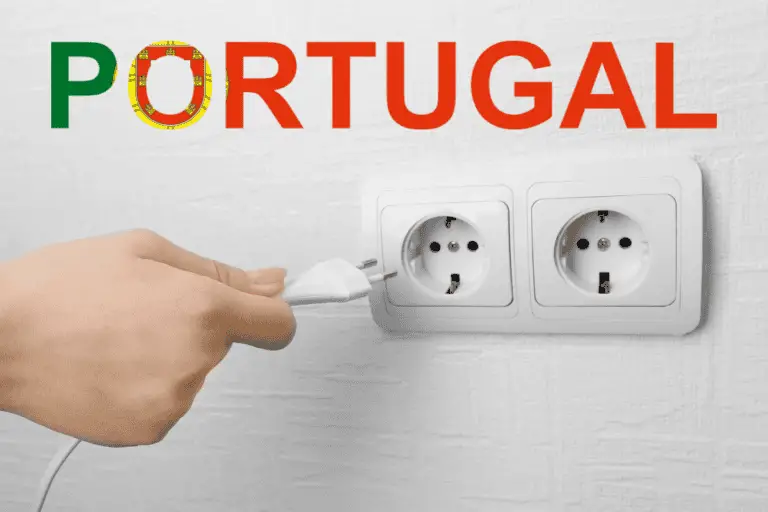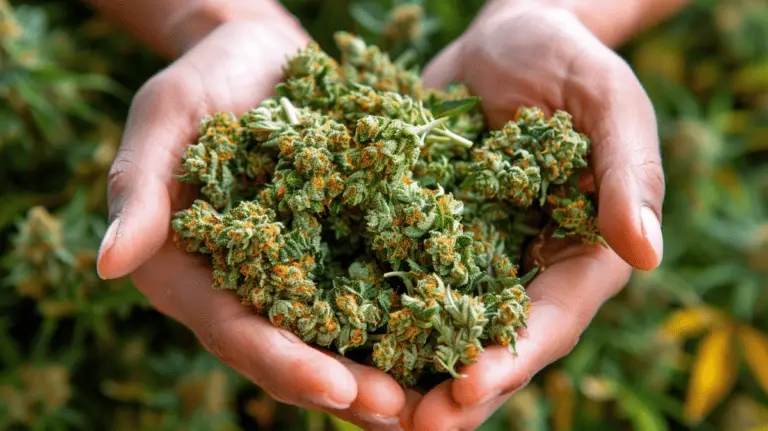Can You Drink Tap Water in Portugal?
A common question for travelers to Portugal is whether tap water is safe to drink. Yes, tap water in Portugal is safe across all regions, adhering to EU water quality standards. Despite this, bottled water remains a popular choice. This article delves into tap water quality, examines public perceptions, and offers insights into bottled water and tap water consumption in Portugal.
The Quality of Tap Water in Portugal
Portugal’s commitment to water quality is evident in its treatment processes, which include chlorination and adjustments for mineral content and hardness. The safety and cleanliness of tap water vary slightly across different regions:
- Northern Portugal and Porto Tap Water: Here, tap water is chlorinated and has a high mineral content, affecting its taste but not its safety. Aguasdoporto have published a report that there water is safe for drinking.
- Lisbon Tap Water and Central Portugal: Tap water is of medium hardness, rich in minerals, and treated with chlorine, leading some residents to prefer bottled water due to the taste.
- Southern Portugal and Algarve: Characterized by hard water with significant mineral content, locals frequently choose bottled water for drinking.
Public water is regulated by ERSAR – the Water and Waste Services Regulation Authority and they publish detailed reports. This report by them published in 2023 is over 100 pages long.
Public Perceptions vs. Reality
Despite the proven safety of tap water, many in Portugal remain hesitant to drink it due to concerns about the infrastructure’s age and the health implications of chlorination. However, the water quality complies with EU standards, ensuring its safety:
- Compliance with Standards: Portugal’s tap water boasts high compliance rates with EU standards, affirming its safety.
- Continuous Improvement: Water quality has notably improved, with nearly all parameters related to potential contamination consistently meeting compliance levels of 99%.
Lets not forget that data shows in 1993 half the water in Portugal was undrinkable. More recently Portugal’s tap water has faced scrutiny, primarily from the European Union, which monitors compliance with drinking water quality standards across its member states. Portugal, being an EU member, is expected to adhere to these rigorous standards. However, there have been instances where it has not fully met these expectations.
For instance, in 2007, the European Commission issued a warning to Portugal for not meeting certain drinking water quality criteria as specified by the EU Directive. This included issues with iron, manganese, total coliforms, fecal coliforms, fecal streptococci, and clostridium levels. Alarmingly, nearly half of the water supply zones were found to be non-compliant with the EU’s standards for total coliforms, bacteria often associated with waterborne diseases.
More recently, in late 2021, Portugal received a formal notice from the European Commission for not adhering to the Euratom Drinking Water Directive’s requirements. This included the directive to establish specific frequencies for sampling radioactive substances in drinking water. This oversight highlights ongoing challenges in fully aligning with EU directives related to drinking water safety.
You can check the water quality of your municipality on the ERSAR site here.
Drinking Water in Restaurants
In restaurants, bottled water is typically served, but asking for tap water in a jar is increasingly acceptable. Recent regulations mandate the use of glass bottles, aligning with environmental sustainability efforts.
EPAL’s collaboration with the Hotel Association of Portugal, aim to promote tap water consumption by serving tap water to customers in uniquely designed jar / bottle designed by Siza Vieira.
Bottled Water: A Cultural Staple with Environmental Implications
With a consumption rate of 114 liters per capita annually, Portugal is among Europe’s top consumers of bottled water. Despite its safety and extensive testing, the environmental impact of bottled water, particularly plastic waste, is a concern. Efforts to promote recycling and the use of glass bottles represent steps toward sustainability.

Why the Preference for Bottled Water?
Taste is a significant factor driving the preference for bottled water in Portugal, attributed to the chlorination and mineral content of tap water.
Regulatory Oversight and Water Safety
Portugal’s water infrastructure and regulatory framework, overseen by ERSAR and aligned with the EU Drinking Water Directive, have significantly improved tap water’s safety and public trust. Transparency in water quality reporting further enhances confidence in tap water consumption.
Embracing Tap Water with Confidence
In Portugal, tap water represents a safe, sustainable choice for hydration, backed by stringent quality standards and regulatory oversight. While bottled water remains popular for its convenience and taste, increasing awareness of environmental impacts and advancements in water treatment technology are encouraging a shift toward tap water consumption. Understanding the safety, quality, and environmental considerations surrounding tap water in Portugal allows residents and visitors to make informed decisions, embracing tap water with confidence and responsibility.








